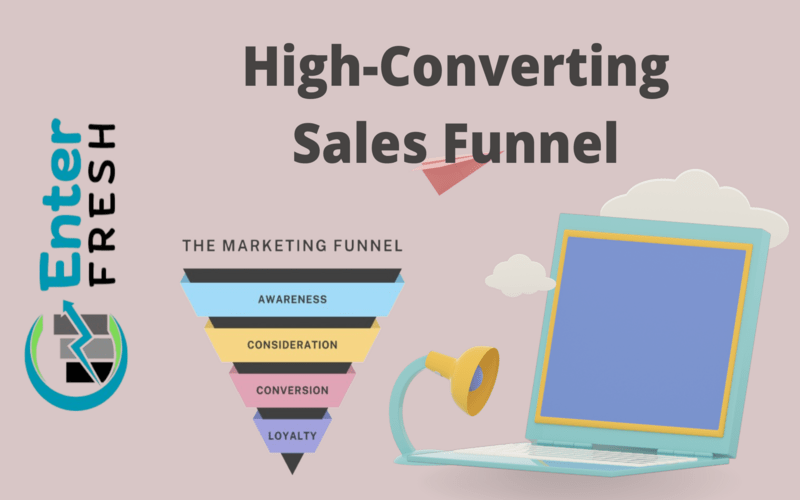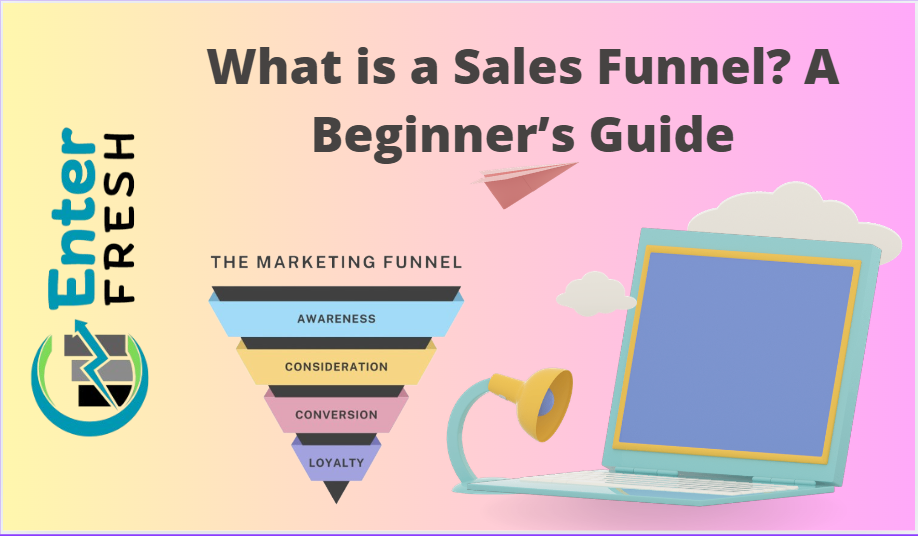Email marketing has evolved tremendously, with automation platforms becoming essential tools for businesses looking to connect with customers in a personalized and efficient way. In this guide, we’ll cover everything you need to know about email marketing automation platforms, including what they are, why they’re important, and a comparison of some of the top platforms available today.

What is an Email Marketing Automation Platform?
An email marketing automation platform is software that allows businesses to send automated, tailored emails to subscribers based on their actions, preferences, and other data points. These platforms streamline email marketing tasks, enabling you to set up and manage campaigns, segment your audience, and analyze results—all in one place.
Email automation platforms are invaluable because they allow you to:
- Engage with customers at scale without manual effort.
- Boost conversions by sending targeted, relevant emails.
- Automating repetitive tasks like welcome emails, order confirmations, and more saves time.
Why Use Email Marketing Automation Platforms?
The benefits of using email marketing automation platforms are vast. Here are some of the main reasons why businesses rely on them:
- Personalized Customer Experience: Send emails based on customer behavior, like welcome emails for new subscribers or abandoned cart reminders.
- Improved Engagement: Emails sent at the right time with relevant content are more likely to be opened and engaged with.
- Higher Conversion Rates: By nurturing leads through automated email sequences, you increase the chances of converting them into customers.
- Time and Cost Efficiency: Automation allows your team to focus on strategy while the platform handles the repetitive tasks.
- Comprehensive Analytics: Most platforms offer in-depth analytics, helping you track open rates, click-through rates, and other KPIs to improve your strategy.
Email Marketing Automation Platform of Key Features
When choosing a platform, consider these essential features to ensure it meets your business needs:
- Automation Capabilities: Look for platforms that support various workflows, like drip campaigns, trigger-based emails, and conditional content.
- Audience Segmentation: The ability to segment based on demographics, behaviors, and past interactions allows for highly targeted messaging.
- A/B Testing: Testing different versions of your emails can optimize subject lines, content, and call-to-action (CTA) buttons for better performance.
- Integration Options: A platform that integrates with your CRM, eCommerce, or analytics tools allows for seamless data syncing.
- Analytics and Reporting: Detailed insights on open rates, click-through rates, and conversion rates help refine your strategy.
- User-Friendly Interface: A platform that’s easy to use saves time and reduces the learning curve for your team.
Top Email Marketing Automation Platforms in 2024
Here’s a rundown of some top email marketing automation platforms offering unique features to fit different business needs.
1. Mailchimp
Overview: Mailchimp is one of the most popular email marketing platforms, known for its easy-to-use interface and robust automation features. It’s great for small to medium-sized businesses and offers a free plan for users just starting out.
Key Features:
- Drag-and-drop email builder
- Pre-built automation workflows
- Audience segmentation and tagging
- Basic and advanced analytics
- Integrations with popular tools like Shopify, WordPress, and Facebook
Best For: Small businesses and beginners looking for an affordable, user-friendly platform with strong automation capabilities.
Pricing: Free for up to 500 contacts; paid plans start at $11/month.
Enjoy their service
2. ActiveCampaign
Overview: ActiveCampaign is a powerful platform for businesses looking to take their email marketing and customer relationship management (CRM) to the next level. Its advanced automation features and robust segmentation make it a top choice for e-commerce and service-based businesses.
Key Features:
- Advanced automation and CRM integration
- Conditional content and A/B testing
- Detailed segmentation and personalization options
- Sales automation features for lead scoring and pipeline management
- Machine learning for predictive content and send-time optimization
Best For Businesses looking for a comprehensive solution that combines CRM and advanced automation.
Pricing: Starts at $15/month for 500 contacts.
Enjoy their service
3. HubSpot
Overview: HubSpot is a comprehensive marketing and CRM platform, making it an excellent choice for larger businesses or teams needing a multi-channel marketing solution. HubSpot’s email automation is integrated with its CRM, enabling highly personalized and segmented campaigns.
Key Features:
- Advanced segmentation and personalization
- Smart content and adaptive testing
- Integration with HubSpot CRM
- In-depth analytics and reporting
- Multi-channel marketing capabilities
Best For Businesses that need an all-in-one marketing and CRM solution with advanced automation.
Pricing: Starts at $45/month for the Starter plan, with a free CRM option.
Enjoy their service
4. Klaviyo
Overview: Klaviyo is specifically designed for eCommerce, making it an ideal choice for online stores looking to grow through email marketing. It integrates seamlessly with platforms like Shopify, BigCommerce, and WooCommerce, and offers advanced segmentation and analytics.
Key Features:
- eCommerce integrations with platforms like Shopify
- Behavior-based email triggers for abandoned carts, post-purchase, etc.
- Detailed analytics on revenue, customer lifetime value, and more
- Dynamic content blocks and templates
- SMS marketing integration
Best For: eCommerce businesses focused on revenue growth through targeted email marketing.
Pricing: Free for up to 250 contacts; paid plans start at $20/month.
5. GetResponse
Overview: GetResponse is a versatile platform that offers email marketing, automation, webinars, and even landing page creation. This makes it a great option for businesses looking to consolidate their marketing efforts on one platform.
Key Features:
- Autoresponders and drip campaigns
- Customizable landing pages and forms
- Webinar hosting and integration
- Advanced analytics and reporting
- Audience segmentation and tagging
Best For: Small to mid-sized businesses looking for a feature-rich platform that includes more than just email marketing.
Pricing: Plans start at $15/month.
Enjoy their service
How You Can Choose the Right Email Marketing Automation Platform
With so many options available, finding the best platform for your business requires careful consideration. Here are some steps to help you choose the right email marketing automation platform:
- Define Your Goals: Are you looking to increase customer engagement, boost sales, or improve lead generation?
- Consider Your Audience Size: Some platforms charge based on the number of contacts. Choose a plan that accommodates your current audience and future growth.
- Check for Integrations: If you rely on other tools (CRM, eCommerce, analytics), look for a platform that integrates seamlessly with your existing tech stack.
- Assess Ease of Use: An intuitive, user-friendly interface can save time and reduce training needs for your team.
- Budget Consideration: While free plans are available, you might need to invest in a paid plan to access advanced features. Determine how much you’re willing to spend monthly.
- Test Support Options: If customer support is critical, look for platforms with strong support options, like live chat, phone support, and comprehensive documentation.
How to Maximize Your Email Marketing Automation Strategy
After choosing an email marketing automation platform, here are some tips for maximizing its impact:
- Segment Your Audience: Divide your audience based on behaviors, demographics, or purchase history for more targeted messaging.
- Create Value-Driven Content: Focus on creating emails that provide value, like helpful tips, guides, or exclusive offers. Engaging content keeps your audience interested and builds trust.
- Set Up Drip Campaigns: Drip campaigns allow you to nurture leads over time with a series of emails. For example, a new subscriber might receive a welcome email series introducing them to your brand.
- Use A/B Testing: Experiment with different subject lines, content, and CTAs to see what resonates best with your audience.
- Monitor and Optimize: Track key metrics like open rates, click-through rates, and conversions.
- Personalize When Possible: Dynamic content allows you to tailor emails to individual subscribers, increasing relevance and engagement.
Conclusion: Why Email Marketing Automation is Essential
An effective email marketing automation platform can transform your marketing strategy, helping you connect with customers in a meaningful, personalized way. By choosing a platform that aligns with your goals and using it strategically, you can save time, drive conversions, and build stronger customer relationships.
With options like Mailchimp, ActiveCampaign, HubSpot, Klaviyo, and GetResponse, there’s a platform for every type of business, from small startups to large enterprises. Take the time to understand each platform’s unique offerings and choose one that best fits your needs. Email marketing automation is an investment that can pay off by driving consistent, long-term growth for your business.


